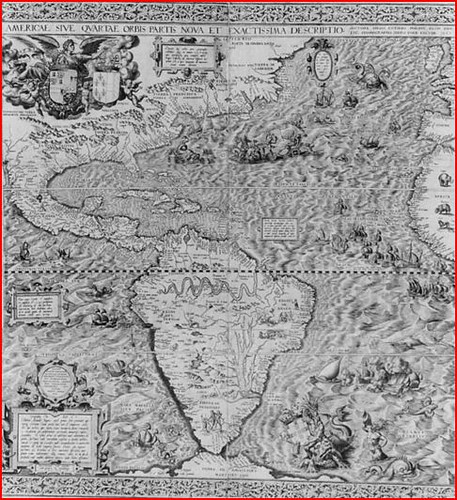It's not always true, of course. Some streams end in a pond or lake with no outlet. Oh well, at least you'll have plenty of water.
Hernando de Soto, the modern day Peruvian economist, not to be confused with the 16th century Spanish explorer, has a unique perspective on just how seriously lost we are.
The Destruction of Economic Facts
Dr. de Soto's specialty is in "shadow economies", such as Peruvian peasants before property rights reforms, among other examples. It's easy to tell that he is very much a scientific economist, gathering data, analysing and building models, and so forth. In his article, he points out that our current dilemma is not just financial, it is also a breakdown in communication and a loss of collective memory.
The complexity inherent in the system we have built over the last 150 years means repair is unlikely. There is no ready replacement either. We are seriously lost.
One small stream in this wilderness is psychology (behavioral economics). There is much debate over whether psychology is an art or a science, just as there is debate over whether economics is a science or a philosophy. Over on the Psy-Fi Blog, there is a good two part series on the ongoing battle between scientific economists and the psychologists, who seem to align more with the philosophic economists.
Economics & Psychology: The Divorce
Economics & Psychology: Reconciliation
Somewhere in this marshy mountain meadow of art, science, and philosophy, is a stream that leads to civilization. Will a technological society accept an artistic view of their economy? Possibly. Combining art, science, and sketchy information to find our way is an old tradition.





No comments:
Post a Comment